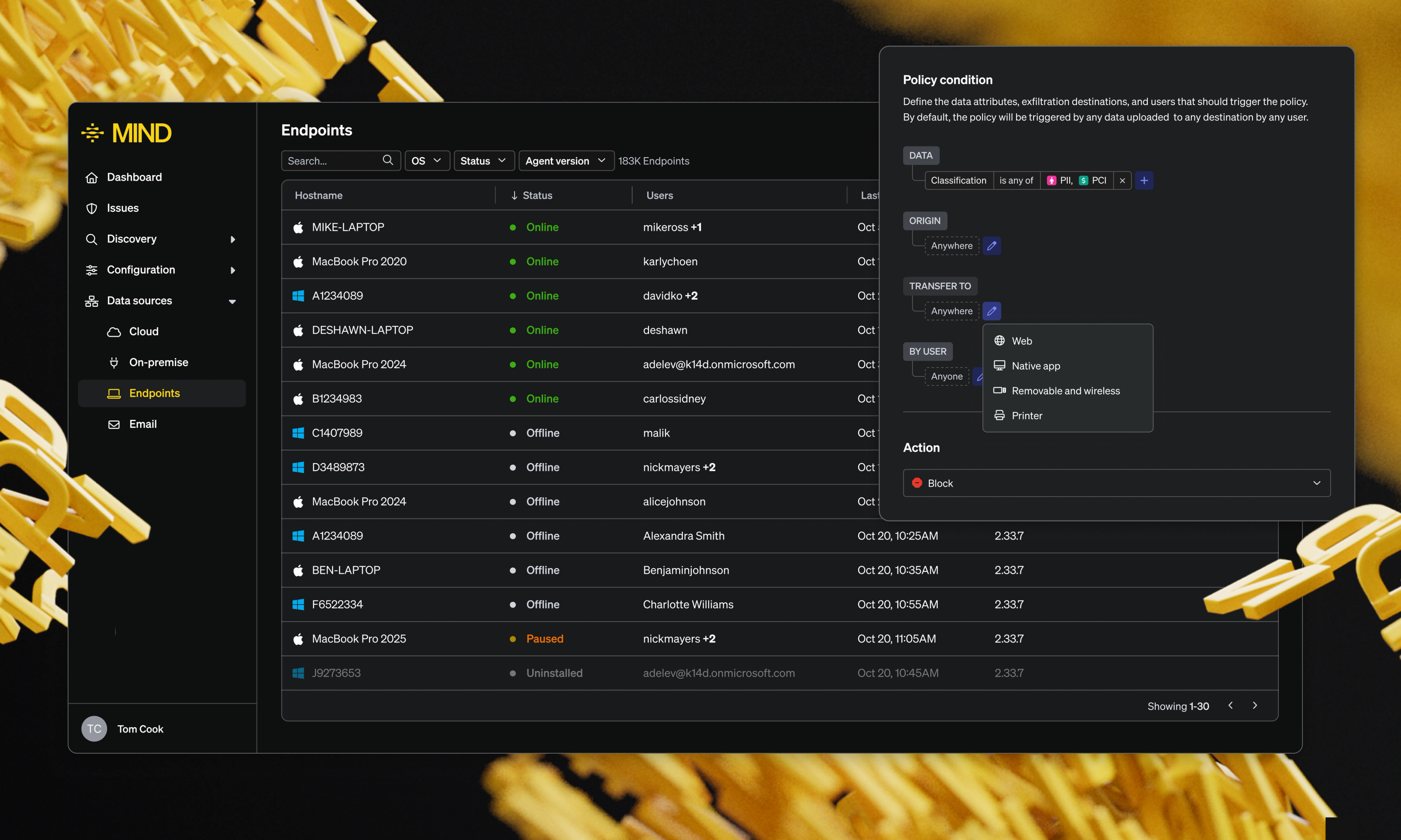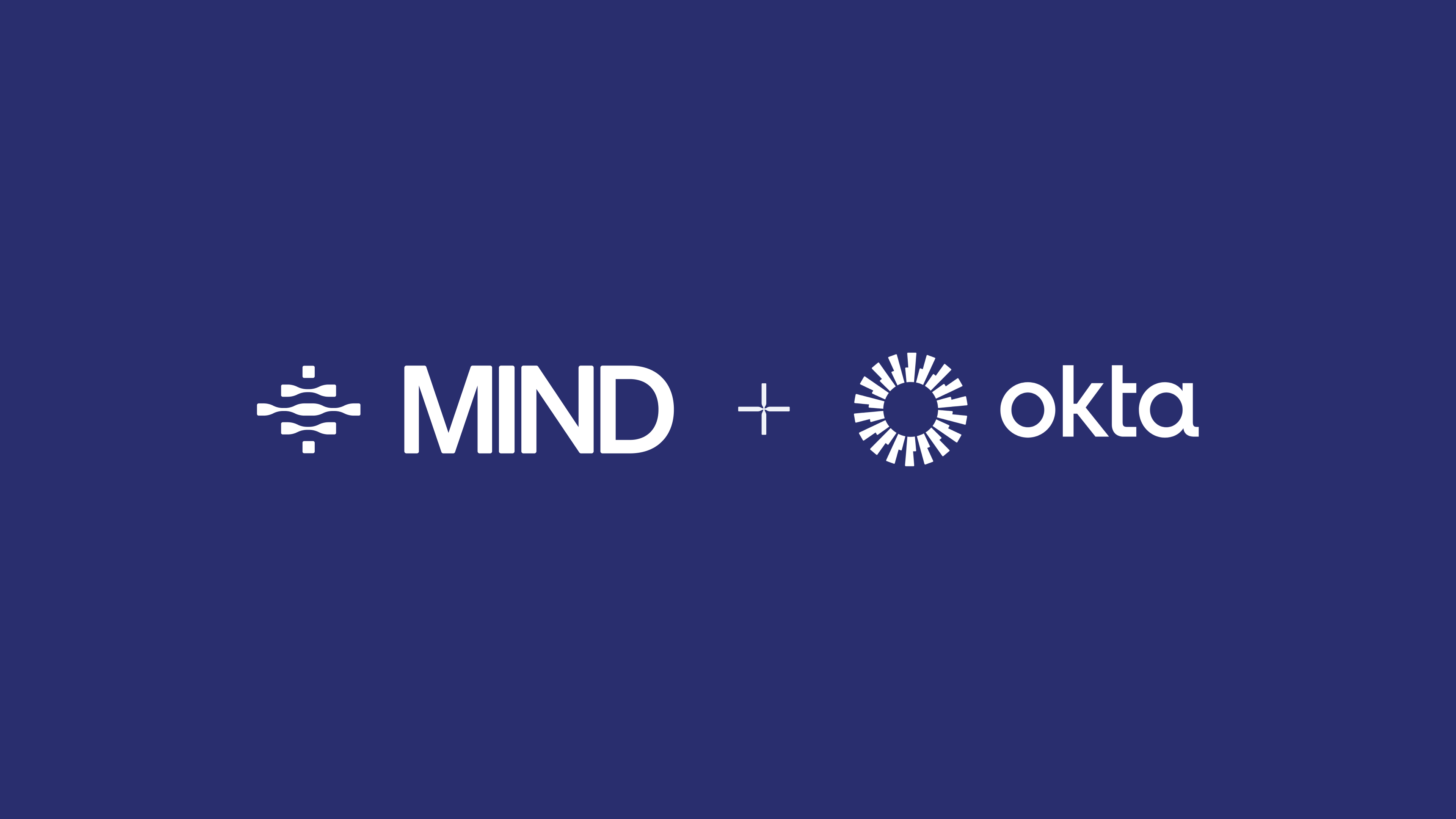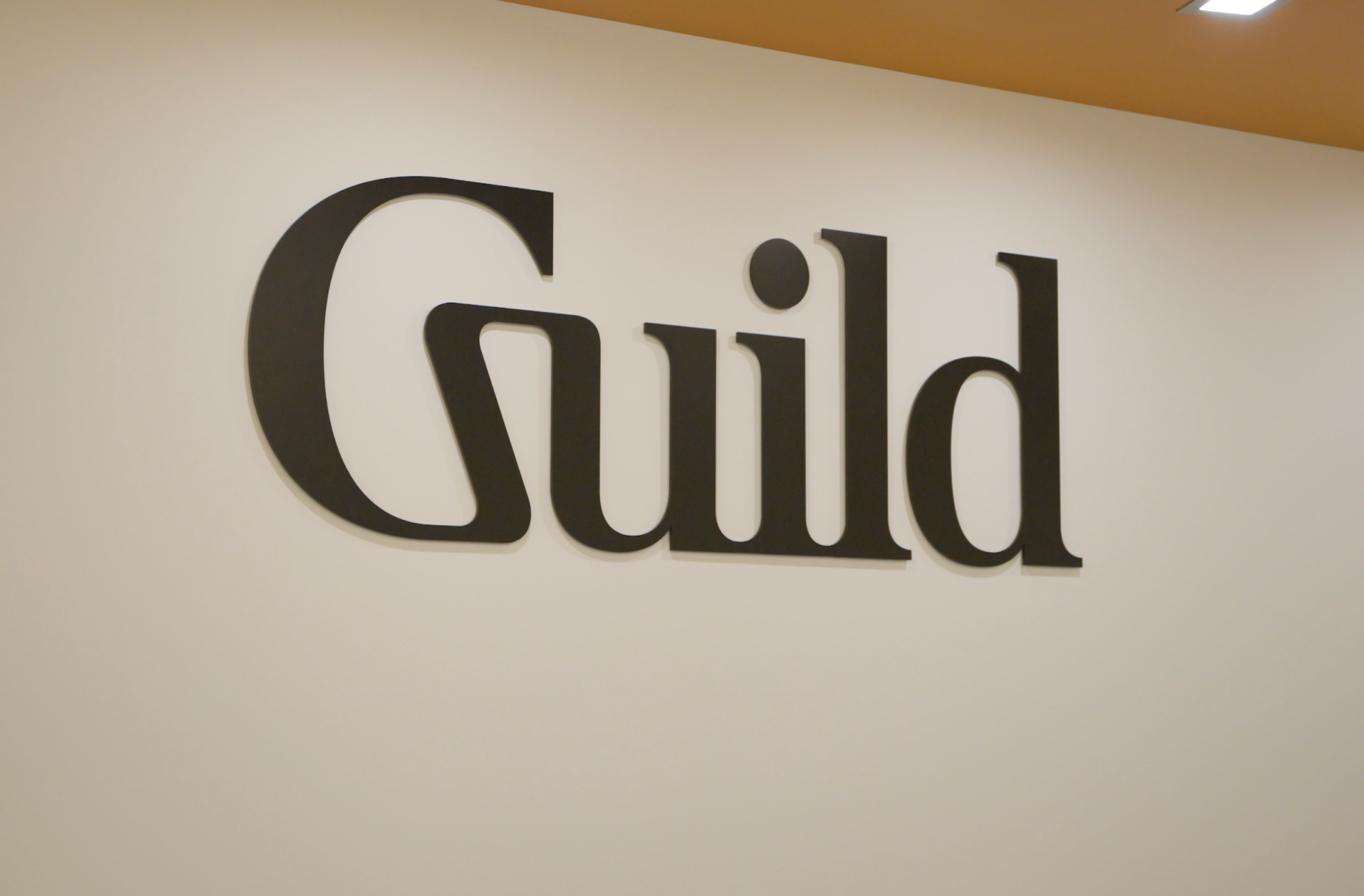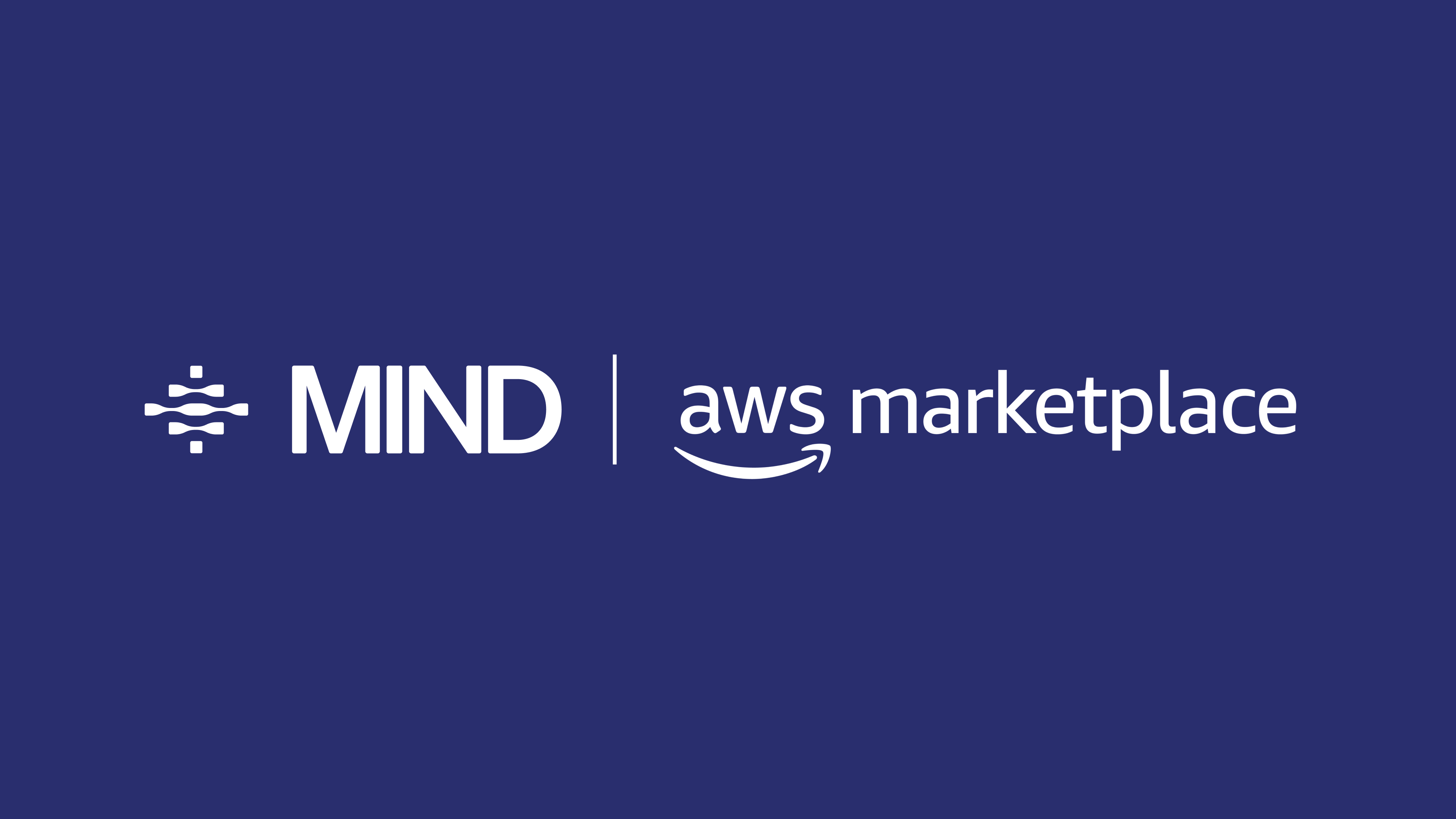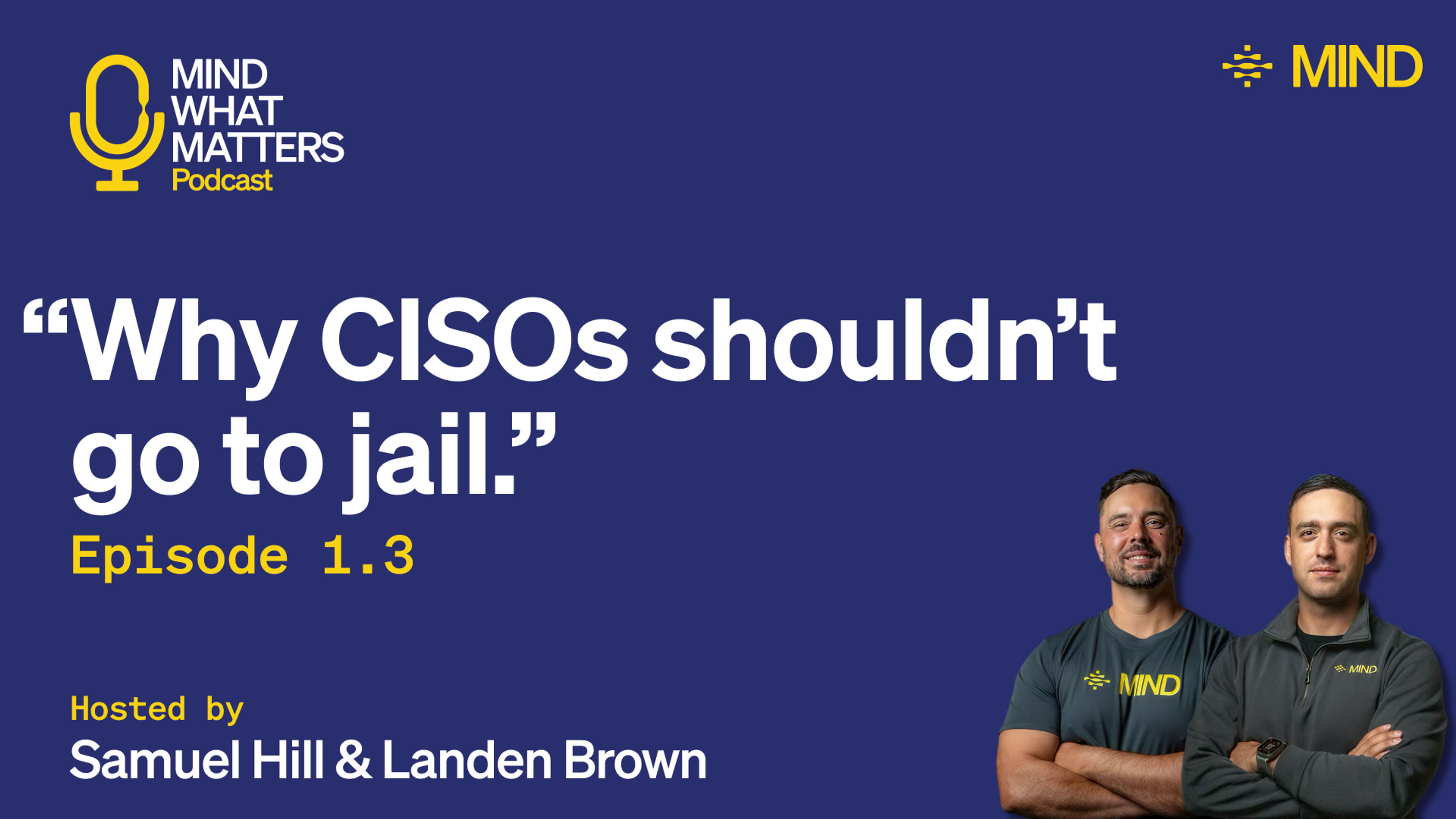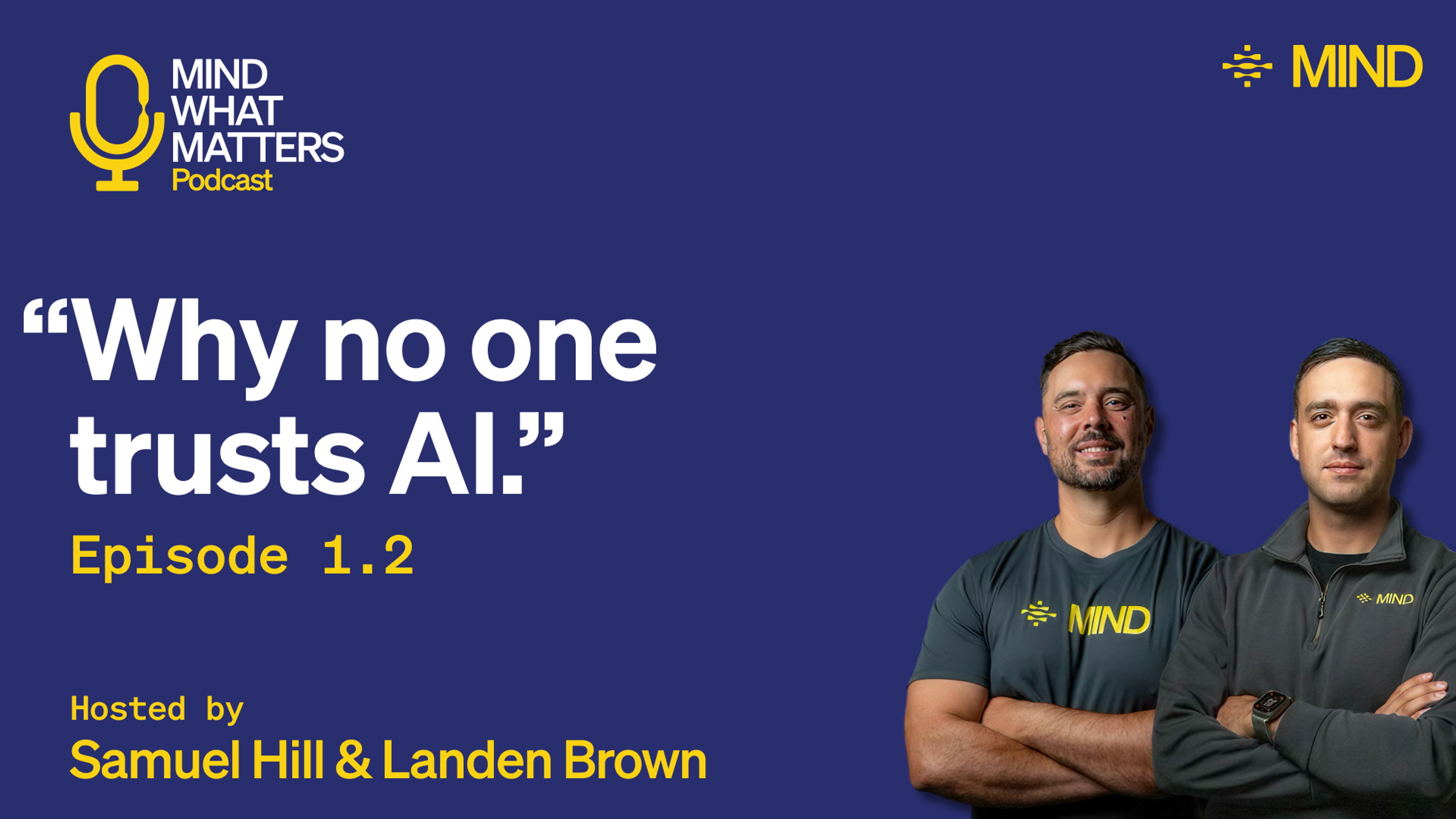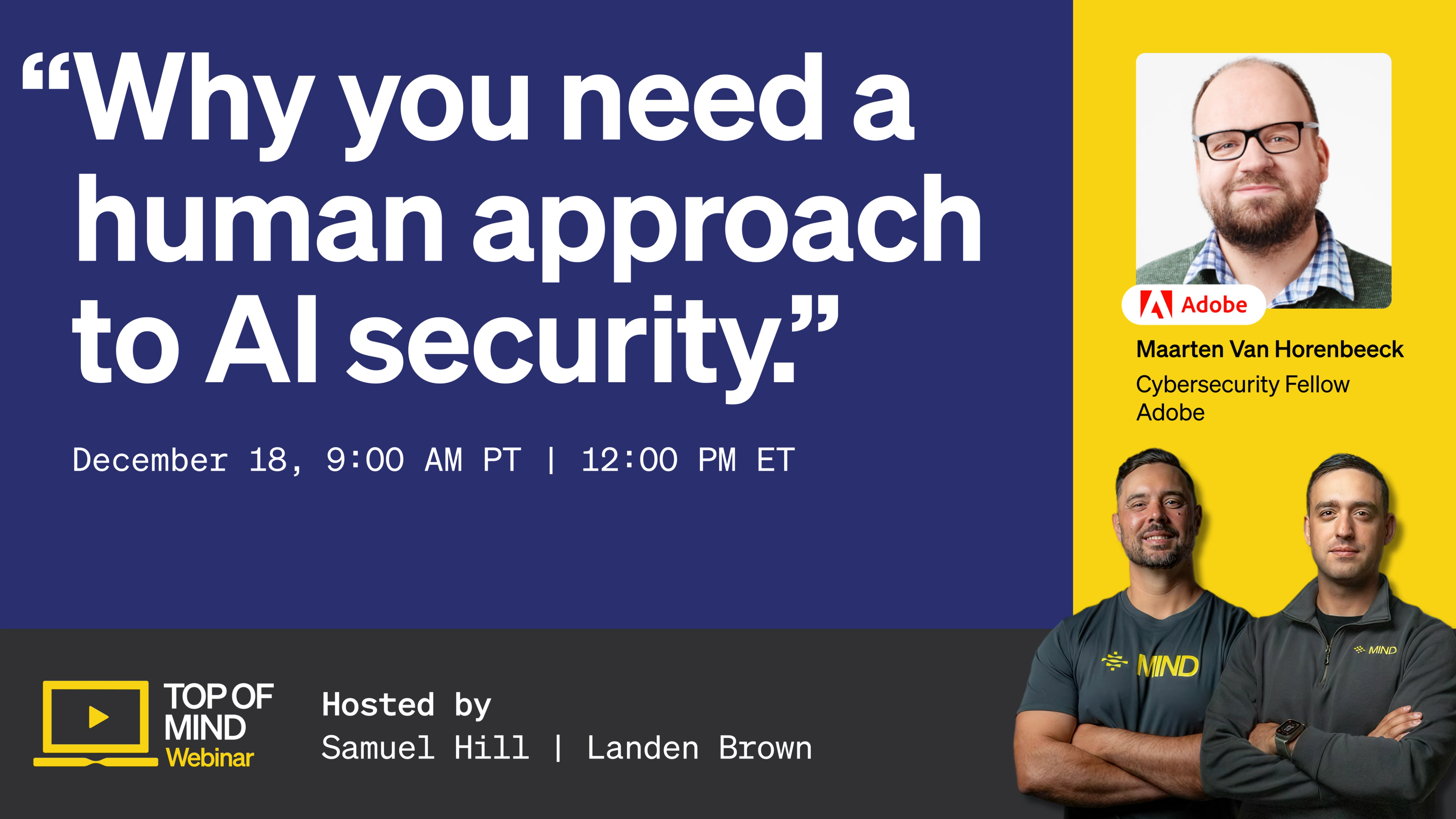Why are we still using RegEx? (Ep 1.1)
Online
Nov 6, 2025, 11:53 PM UTC
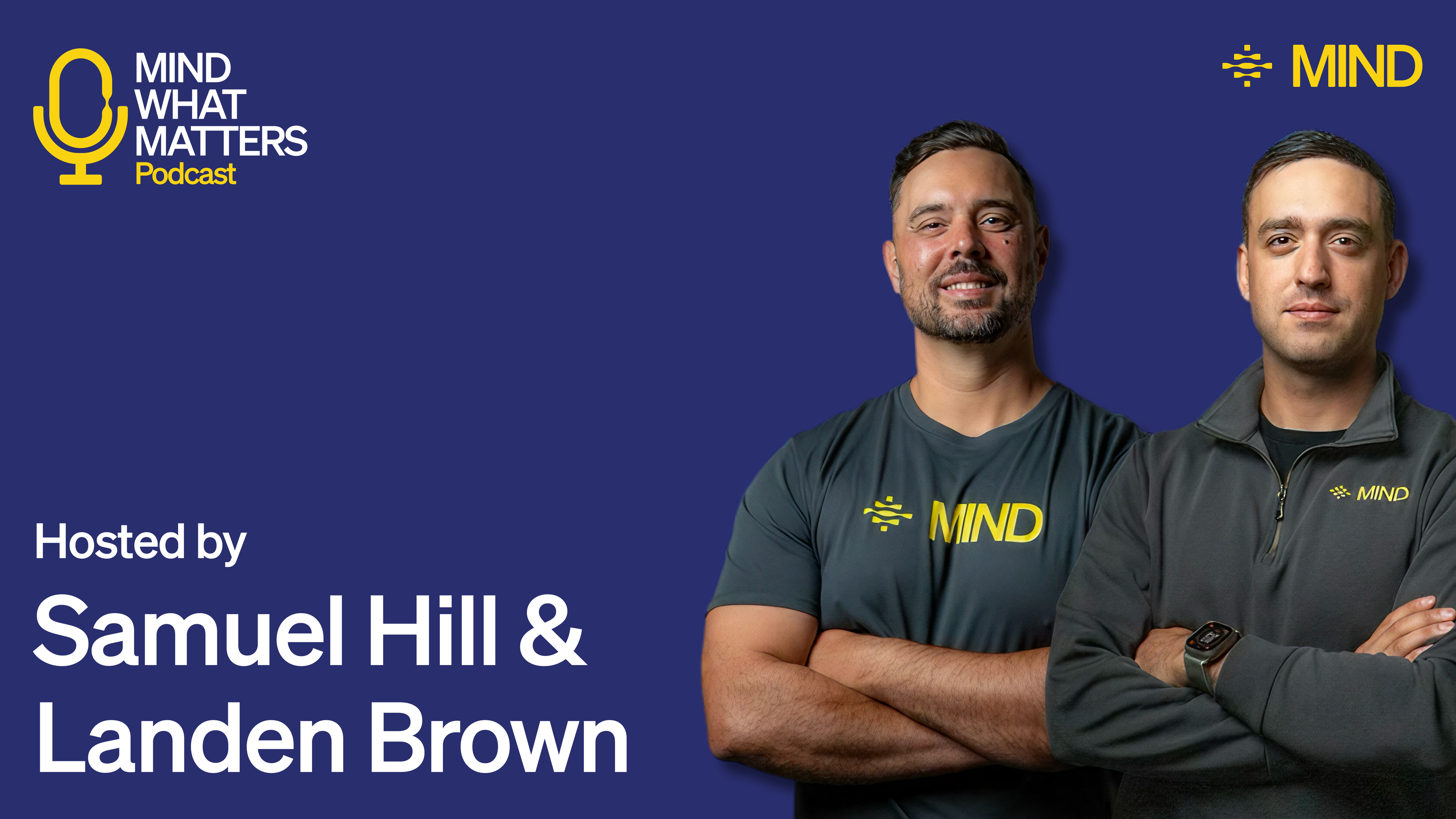
Summary
In this episode of Mind What Matters, hosts Samuel Hill and Landon Brown discuss various topics in cybersecurity, including Nvidia's unexpected investment in Intel, the risks associated with foreign communication devices in critical infrastructure, the challenges of live tech demos, and the inefficiencies in traditional processes like regex in data security. They emphasize the importance of innovation and adapting to new technologies while reflecting on personal experiences and the value of family.
Takeaways
- Data security is crucial in today's digital landscape.
- Team bonding experiences can enhance workplace relationships.
- Nvidia's investment in Intel signals a shift in the AI arms race.
- Geopolitical risks in chip manufacturing are a growing concern.
- Live demos in tech can often go awry, highlighting the challenges of innovation.
- Breaking away from traditional methods can lead to better solutions.
- Regex is becoming outdated in the face of modern data security needs.
- The importance of adapting to new technologies is paramount.
- Investing in local chip manufacturing can mitigate risks.
- Family and personal connections are essential for a balanced life.
Keywords
cybersecurity, data security, Nvidia, Intel, AI arms race, chip manufacturing, live demos, regex, technology, innovation
Transcript
(Of course we used AI on this transcript. Yes, there could be errors)
Samuel Hill
Hello and welcome to Mind What Matters, the show where data security meets real talk. We're here to unpack the big stories, the hidden risks, and the curious moments from the world of cybersecurity—all with a little dash of fun. Whether you're protecting data in the boardroom, the cloud, or just your phone, we're here to help you mind what matters. My name is Samuel Hill, and with me as always, Landen Brown. Landen, how are you this week? What is on your mind?
Landen Brown
I'm fantastic, Samuel. Appreciate you making the time again this week to host Mind What Matters. On my mind this week: we as a team had a really big travel week for our QBR up in Bozeman, which is where you live, Samuel, so you were preparing for this probably more than most. But we got to do a lot of really fun things. We got to get together as a team, eat good food, hang out at our fellow team members' houses, which is always a little bit more of an intimate connection and a team-growing experience.
We also got to go fly fishing, we got to ride some motorcycles. It was probably one of the most adventurous QBRs that I've seen to date.
Samuel Hill
I was going to say the same thing—that's what's on my mind this week as well. I've been to a lot of quarterly business reviews, QBRs. I'm sure you have, and I'm sure many of our listeners have attended their fair share. Some of them are memorable for all the wrong reasons. The business performance isn't quite where you want it to be, so there's just an extra level of stress, or the happy hour is less than happy for someone at the end of the night who may be over-consumed. Or maybe the accommodations and food aren't exactly what you'd want to remember.
But this was a wonderful time. It was great having everybody here in my hometown and getting to experience a lot of the fun and the best things Bozeman has to offer. It speaks a lot to the people who came as well, who were just willing to roll with it and get random rides and pickups from the airport instead of Ubers. A good time was had by all.
So you said it was your first time fly fishing. You live in the Rockies too—you live in the fly fishing capital of the world. Why was this your first time?
Landen Brown
Yeah, you know, I think when you have an active family that does a lot of hunting—and hunting is its own big pie chart of types: deer, elk, bear, coyote, ducks, pheasants, grouse, all of it. Then you have fishing, and that's its own massive pie chart with things to do and master.
I can say I've never been a fan of lots of seafood myself. And I think if we're going to go hunt something and it's going to grace us with its life for food, we should definitely eat it and honor it that way. So there's been a lot of focus in our family on land animals. And the other thing is, if I'm not going to eat it, I'm not going to catch it.
But at the QBR we did a lot of catch and release. We had a guide helping us with setup and netting—things that bring down the barrier to entry for a first-time fly fisher. It was amazing. We floated the Yellowstone River for five or six hours. It was nothing but absolute peace. A storm came in about three-quarters of the way through, so we got to experience rain, wind, and a little bit of choppy water.
It was a blast. Even though I’ve never been a big fly fisher, I think it’s something I would do again for sure. Maybe we’ll have to come up to Bozeman more often.
Samuel Hill
And it’s just something else you could spend your hard-earned money on. There are plenty of stores that’ll take hundreds—if not thousands—of dollars from you on gear that you may or may not need. None of it will help your casting or getting the fly in the right spot. That’s all on you. That’s technique.
Landen Brown
That’s right. Well, my wife will love to hear that there’s another activity we get to spend our money on. I’ll pass it along.
Samuel Hill
There you go. Hey Landen, let’s jump into some of the hot topics from this week. We're going to “Mind the Headlines” here. The first one I’m really curious about—some big news hit across the wires today about Nvidia making a very large investment. I did not see this coming. Nvidia investing a cool five billion dollars—five billion with a B—into one of their direct rivals: Intel. What does this tell us about the AI arms race in our world today?
Landen Brown
Yeah, depending on who you are, it either caught you like a left hook or you saw it coming from a mile away. And I can’t really decide which one of those people I am. But it is absolutely breaking news to see Nvidia—who has competed with Intel over the years—now starting to form somewhat of a strategic partnership.
Geopolitics aside, I think it makes sense in our country when we look at the lack of chip development and the limited areas of the world we rely on for those chips. It makes sense why Nvidia, who would require a separate architecture for some AI systems, needs backbone infrastructure to run off.
So it does make sense strategically for Nvidia to do this, especially with the US investing in Intel. The US is taking this seriously, saying there are too many single points of failure where not just America, but the Western and even parts of the Eastern world could be cut off from chips if something goes wrong.
I also think we’re starting to see increasing need for CPU architecture. We’ve spent a lot of time talking about parallel operations that GPUs provide—the birthplace of machine learning and AI chip design—but there's still a need for linear computation, where Intel and CPUs play a critical role.
Samuel Hill
Yeah, sometimes you just need raw horsepower to apply to really complex linear processes. Intel’s x86 architecture—this is like a stay of execution. Rumors of its demise are greatly exaggerated.
Nvidia now sits with $15 billion of recent investment, both from the US government and now from Nvidia itself into Intel. It’s fascinating. It really shows that the AI innovation arms race is not over yet.
The big loser? AMD. What are they going to do now? I’m sure they’ll figure it out, but it’s going to be a challenge.
Next on the docket—you sent this one over to me, Landen, and I’m curious about your thoughts. Rogue communication devices found in Chinese solar power inverters. Any foreign nation having devices installed in critical infrastructure across the US that can phone home... probably not great. What do you make of this?
Landen Brown
Yeah, I think it flows well with what we were just talking about, which is why I sent it over to you so quickly as I was organizing my thoughts around today’s topics.
There are really two areas of focus when it comes to chip manufacturing. One is the advanced AI arms race—Nvidia and the US government working together for the greater good, depending on your perspective.
Then there’s commercial-scale manufacturing for low-complexity chips and architectures—things like solar panel inverters, chips in kids' toys, even smartphones. While some companies are aligning more with the US, a lot of the commercial chip production still comes from China.
Trying to keep geopolitics out of it, maybe part of the investment into Intel is meant to boost commercial manufacturing in the US to prevent things like this. It's no secret that every country probably has some backdoor into systems. This is about reducing our exposure.
These headlines reinforce the need to build domestic capability—design and manufacture—so we’re not in a vulnerable spot if supply chains get disrupted. That’s what makes this story so relevant.
Samuel Hill
Yeah, politics aside, catastrophic failure in critical infrastructure would be devastating to our world and to people. You're right—there are lots of backdoors.
This really highlights the criticality of security for cyber-physical systems—the things that make modern life possible. It’s a good take on why chip manufacturing may be shifting back onshore.
All right, the last one on the news today—this one cracked me up. Meta. Mark Zuckerberg, the famous founder of Facebook, now Meta, did a live demo in front of thousands of developers. You could see them all on his POV camera.
He was demoing new Meta AI features with their Ray-Ban glasses—they do look sharp—but the demo completely went sideways. And anyone in tech feels this pain.
Landen Brown
Absolutely. I think a good example of that just happened—my son walked in the room while we’re covering this exact topic. It’s ironic and funny.
That moment when the “uh-oh” happens and your upper lip starts to sweat... everything you prepped for just stops working. Then you’re left saying, “I guess I’ve got nothing to show you. We’ll just move on.”
I’ve been there way too many times—both in person and virtually. So I can’t throw too much shade at Mark. Tech is hard. Live demos are harder.
Samuel Hill
Yeah, and I think later in the event they tried a cooking demo. The AI couldn’t get the ingredient steps right. It was just awkward.
Condolences to Mark, Meta, the whole team. I won’t be rushing out to buy that product—not because of the demo, but because I don’t wear glasses. I’m not sure I need an AI interface to the physical world, personally.
Let’s move into something we’re doing this week—we won’t do it every week because we might get in trouble. The team here at MIND might have something to say.
But this segment is called “Speak Your Mind”—the truth that sometimes just has to be said. Darn the torpedoes. Say it anyway.
And here’s the topic: how many times have you solved a problem and thought, “There’s got to be a better way,” but never looked? I told someone recently about splitting wood as a teenager. That was how we heated the house. Spent years out there with a splitting maul.
If someone had told me a hydraulic splitter existed—that I could just pull a lever and it would split the wood for me—it would’ve blown my mind. But we didn’t know.
We keep doing things the way we’ve always done them, thinking it’ll take longer to learn the new thing than to stick with the old. Landen, any examples where people just stick with the way it’s always been done?
Landen Brown
Yeah, in cybersecurity this is super common. Sometimes it’s justified—regulatory compliance, auditability. Moving away from known processes can be tough.
But sometimes we do things just because we always have. We’re afraid of change, especially when it comes with mysterious acronyms like AI, ML, SLMs, LLMs—all the buzzwords.
One example: data classification. The way people expect it to function is outdated. We know the shortcomings, but we keep doing it the same way.
Samuel Hill
Totally. Like when people insist on plugging in for a "stronger" connection—even though modern Wi-Fi is solid, and arguably more secure in some ways.
Or when the only answer is to throw more bodies at a problem, or double down on a broken process. It reminds me of the joke—AI now just lets us do the dumb thing faster instead of fixing it.
Landen Brown
I spent a lot of time chopping wood too as a kid. We had a wood stove for heat in the winters.
I once spent my allowance renting a hydraulic splitter ahead of a big wood-chopping season. And during my first pull of that lever, the hydraulics broke and sprayed fluid all over my face.
I tried to innovate... and it backfired. That’s why people revert. You try something new, it fails, and you go back to what you know. Without training or the right expectations, change can be discouraging.
Samuel Hill
Exactly. It’s that adoption curve.
That brings us to the “Deep Dive.” We’re going a little deeper into something people keep doing because it's what they know—RegEx. Regular expression matching. Probably not said fondly in many teams.
It's this idea of using patterns to identify sensitive data. Why don’t you walk us through it, Landen?
Landen Brown
Absolutely. I think any data security professional out there who hears the word "RegEx" is probably shivering. Our ancestors are probably rolling in their graves for how hard we’ve made our lives with RegEx.
I kid, but RegEx did serve a purpose for a long time. Technology has just outpaced what RegEx is capable of. But like we talked about earlier, we keep doing the same thing.
So what is RegEx? It’s short for “regular expression.” In layman’s terms, it's a unique built expression that looks for specific keywords in a specific case or format within a string—like a document, an email, or a text message.
It’s good at finding very specific things, but that leads to a lot of false matches—things that just look like the thing you're searching for. That’s one of the biggest frustrations today.
Samuel Hill
Right. It’s like, say you're looking for a U.S. Social Security number—nine digits, often with dashes. But there are so many variations. You have to build a separate expression for each one to catch all the different formats. That’s where the complexity—and the risk—really starts.
Landen Brown
Exactly. And if that specific thing changes even slightly, one of two things happens:
Either you get a false negative and miss the sensitive data entirely, or you get a ton of false positives. That’s where trust in the system starts to erode.
And instead of shifting away from RegEx, what we’ve seen is just more and more of it—more regular expressions, more complexity. We keep adding rules and hoping it gets better. But at some point, we have to ask whether there’s a better approach.
Samuel Hill
Picture Mark Zuckerberg looking at a long list of RegEx trying to make sense of it, just like his failed Ray-Ban AI demo. Maybe slightly more effective, but still.
Landen Brown
Exactly.
Samuel Hill
So Landen, here’s what I’ve learned this week as we wrap up: it’s probably good for our kids to split wood in the backyard. That built a lot of character for me. Also built shoulders that can carry a lot of weight.
Sometimes doing things the old way is a character-building exercise—it builds strength, grit, endurance. All things we want our kids to aspire to and live up to.
What have you learned this week?
Landen Brown
Yeah, I think one of the things I learned this week is just the value of people in our society. There’s a lot going on in the world, and it wasn’t something I necessarily wanted to touch on today, but... love your family, love your kids.
If anything, I’ve realized I have a lot of room to grow in how I prioritize my attention and where I put my passion. And those two things—work and people—are absolutely the right areas to invest in.
Loving the people we work with. Loving and taking care of our families. That’s where the focus should be. And I’ve been thinking about that a lot lately. You can expect to see me doing more of those things.
Samuel Hill
All good stuff. Like I said—loving your sons means making them go split wood. You have my full blessing, Landen.
Landen Brown
Thank you, Sam.
Samuel Hill
For Landen Brown, my name is Samuel Hill. Thank you for joining us on this week’s Mind What Matters. And that’s all for now.
